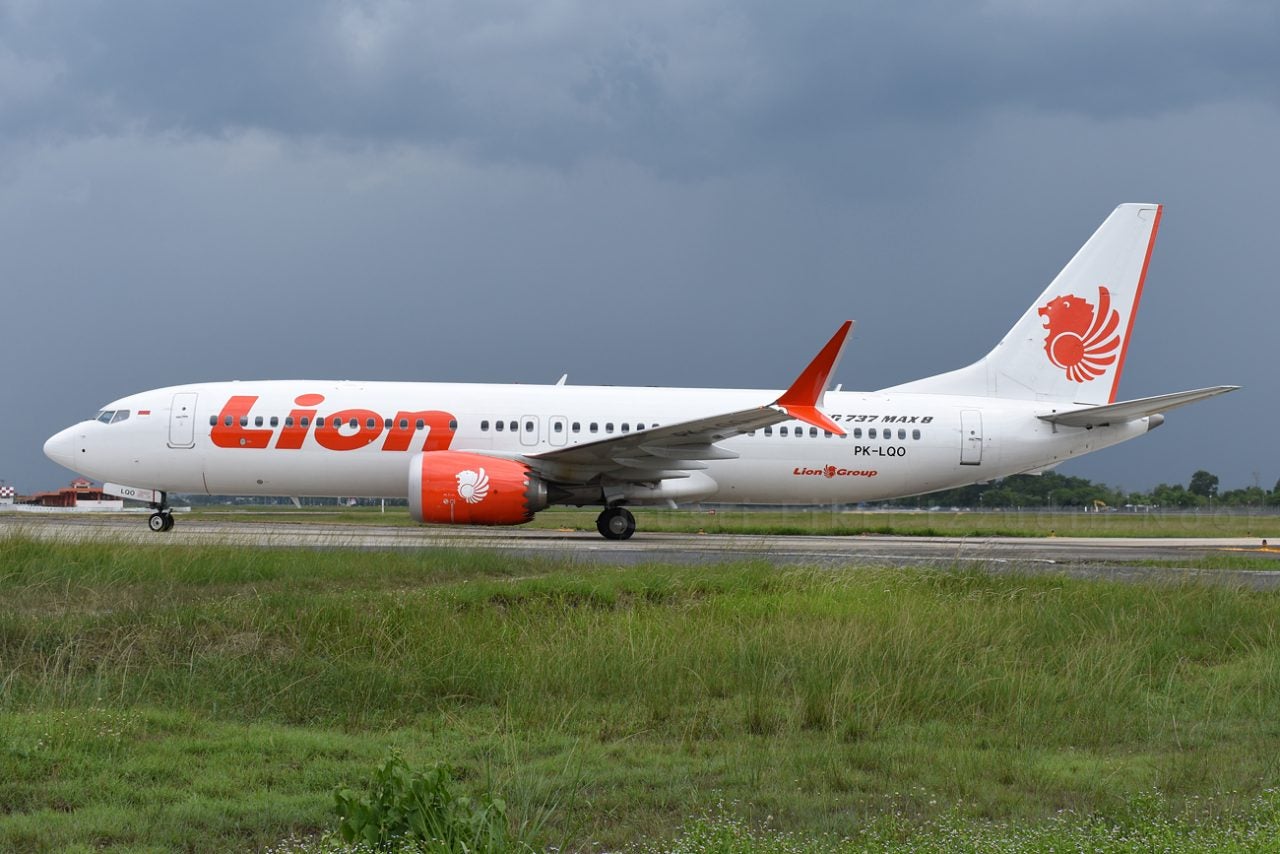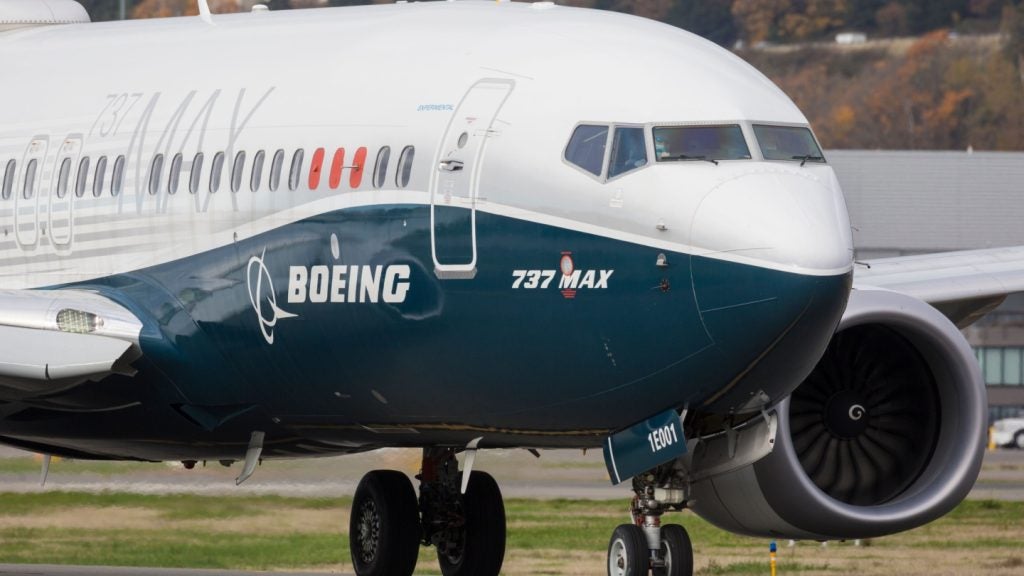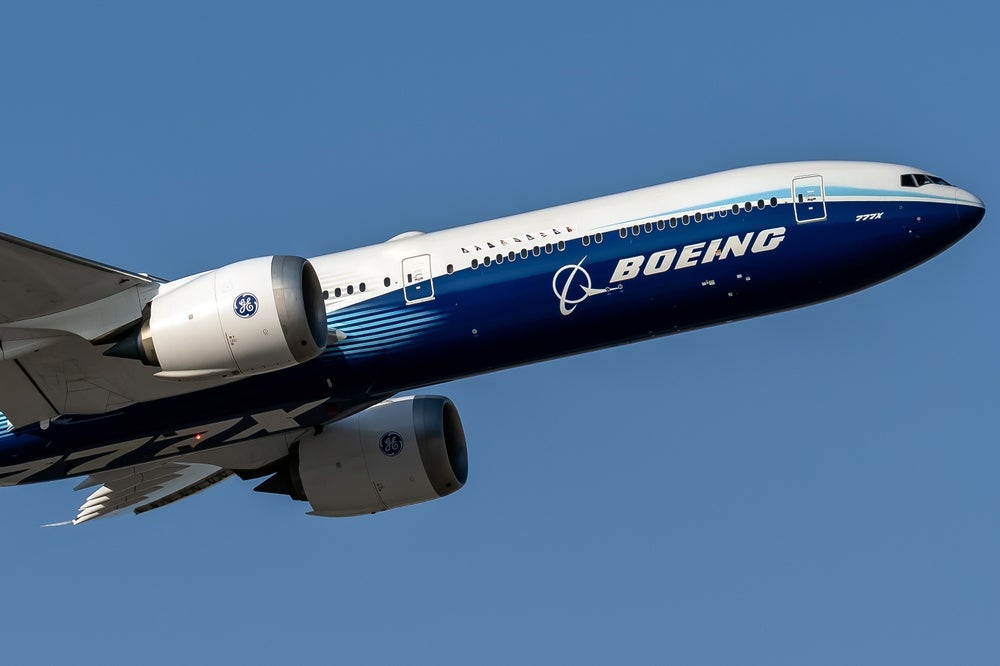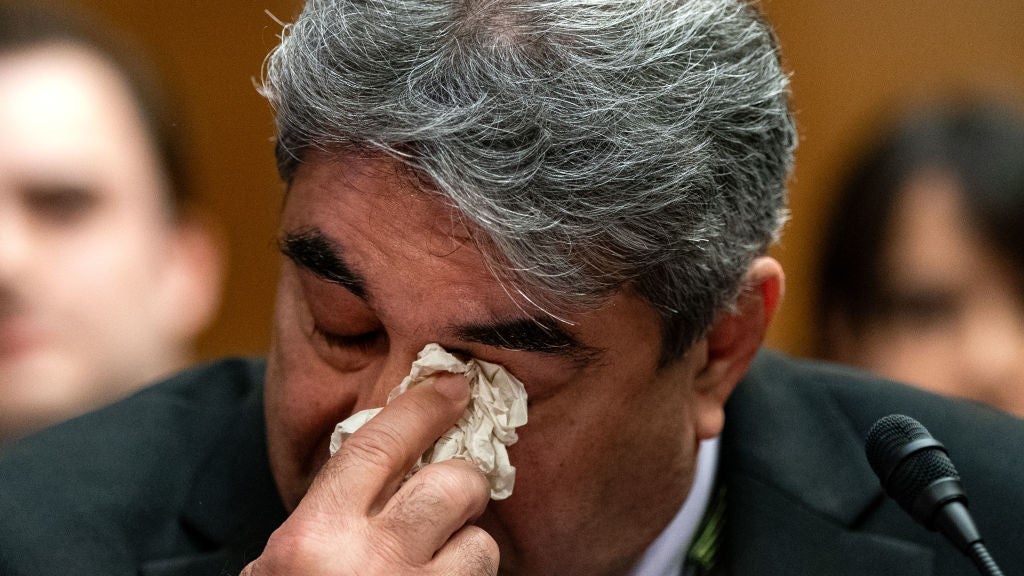
The European Union Aviation Safety Agency (EASA) has discussed its decision to unground the Boeing 737 MAX at a hearing held by the European Parliament’s Transport and Tourism (TRAN) Committee.
EASA authorities announced last week that the model would be re-certified in Europe this week, following in the footsteps of countries such as the US, Brazil and Canada.
The Boeing 737 MAX was initially grounded in March 2019 after the Lion Air Flight and Air Ethiopia crashes, which killed a total of 346 people.
During the hearing, EASA executive director Patrick Ky assured the TRAN Committee that EASA found that the Boeing 737 MAX met the four conditions for the resumption of operations.
Conditions included the complete understanding of the accidents’ root causes, the implementation of design changes, an independent review of safety criteria by EASA and updated pilot training.
“This belief has been built after an extensive work during almost 20 months by a team of 20 people, including flight test pilots and engineers, [as well as] human factor specialists,” said Ky.
How well do you really know your competitors?
Access the most comprehensive Company Profiles on the market, powered by GlobalData. Save hours of research. Gain competitive edge.

Thank you!
Your download email will arrive shortly
Not ready to buy yet? Download a free sample
We are confident about the unique quality of our Company Profiles. However, we want you to make the most beneficial decision for your business, so we offer a free sample that you can download by submitting the below form
By GlobalData“We performed a certain number of audits on site and we did a number of simulator sessions and human factor evaluation involving airline flight crew on top of our own test flight pilots.”
According to Ky, the solutions implemented by Boeing after the global grounding of the 737 MAX increased the level of safety in the design, especially regarding the manoeuvring characteristics augmentation system (MCAS).
“We have increased quite substantially the level of safety of the design for the flight control and we now have the very strong belief that with all the changes made on the MCAS and flight control system, we have a much safer aircraft,” he added.
As reported by the BBC, the MCAS software was found by investigators to be the main cause of both accidents. Triggered by a sensor failure, the MCAS forced the front of the aircraft to dive instead of gain height, pushing the planes down and causing the crashes.
Victims’ organisations such as ‘Flight ET 302 Solidarity and Justice’ – whose president Virginie Fricaudet lost her brother Xavier on board the Air Ethiopia flight – have opposed EASA’s decision, demanding answers regarding EASA’s decision-making process.
“We simply want to understand the basis for EASA’s decision and to demonstrate that this new permit to fly provides all the safety guarantees with certainty,” said the organisation on 22 January.
“As European citizens, it seems important to us that the Transport Committee should be the guarantor of the re-certification decision that EASA may announce in the coming days, making sure that safety has taken precedence over any other consideration.
“What is at stake is the safety of millions of passengers, and European citizens expect the forthcoming decision to fully reflect the transparency, performance and independence that must characterize the work of a specialised European agency.”
On 21 January, former Boeing manager Ed Pierson released a paper claiming that both planes had production quality defects caused by problems at the Boeing factory in the US state of Washington, including chronic part shortages and limited supply of tests and ground equipment. Boeing denied all claims, calling them unfounded.







